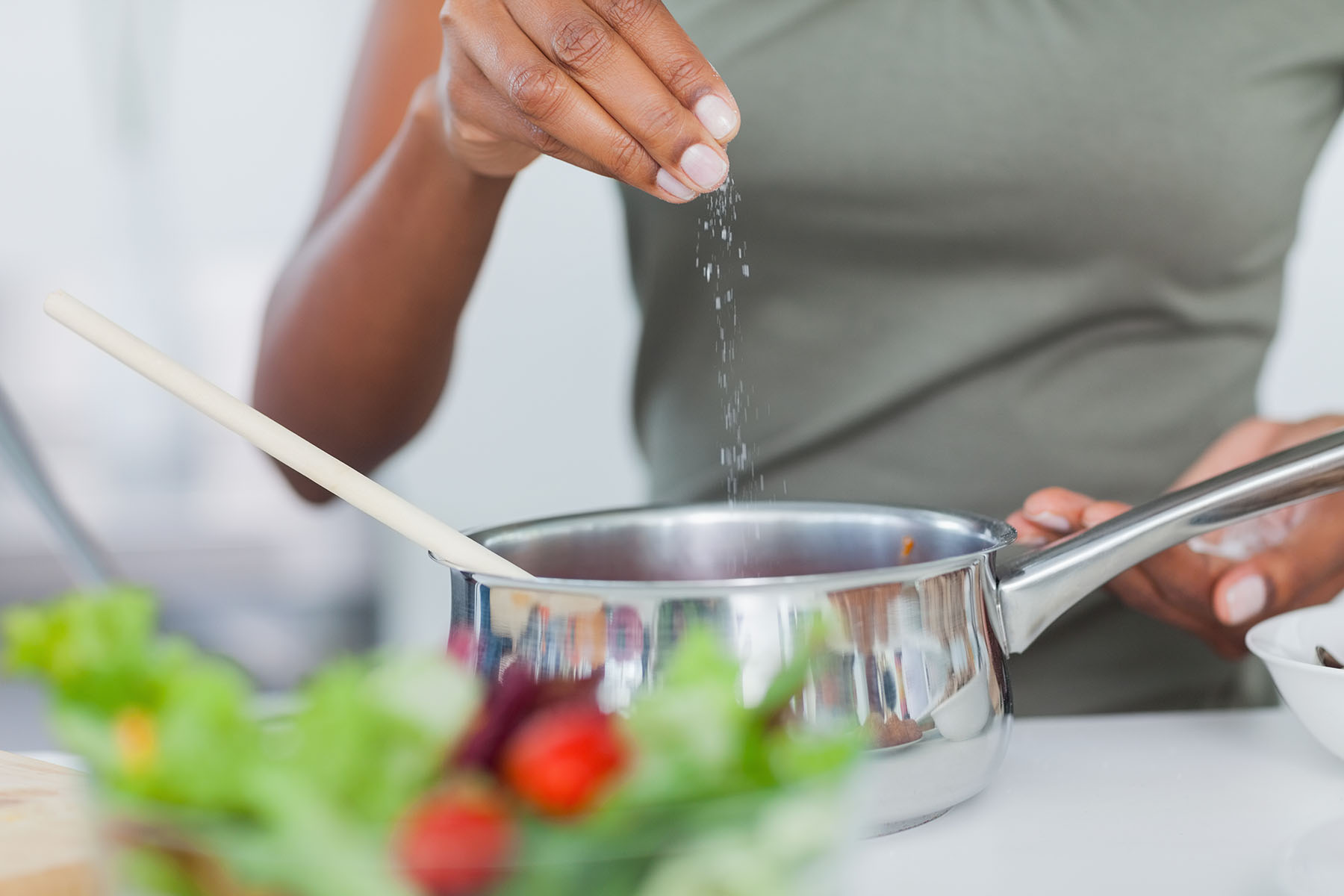How Do We Taste Salt?

Salt has played an essential role in trade, culture, and nutrition throughout history – as far back as 6050 B.C., according to some reports. However, in all that time, one mystery has remained: How exactly do humans and animals taste salt?
“Salt is really mired in obscurity. We know a lot about the mechanisms by which we taste everything else – how sweet things taste, how sour things taste and how bitter things taste,” says Dr. Nirupa Chaudhari, professor of physiology and biophysics and otolaryngology at the University of Miami Miller School of Medicine.
To learn more, Dr. Chaudhari and Dr. Stephen Roper, professor of physiology and biophysics and otolaryngology, and Dr. Jennifer Roebber, a graduate student at the time of the research, studied taste buds in mice.
Although sodium gets the most attention regarding salt intake, it turns out the chloride matters as well, according to their findings in The Journal of Neuroscience.
“The focus should be on salt intake, not just sodium,” says Dr. Chaudhari, who is senior author of the study.
Identifying how we taste salt carries implications beyond solving a mystery. Excessive NaCl (salt) intake is a risk factor for hypertension and associated health issues.
Older people, in particular, could benefit.
“In many people, as they age, their ability to taste salt decreases,” Dr. Chaudhari says. “That’s why they add more and more salt.”
It would be advantageous to “identify a way to reactivate those cells or receptors,” she says. “But, if we could find something we could combine with salt to make it more potent, then you wouldn’t need as much to achieve a desired taste.”
We don’t necessarily want to replace all salt because, in fact, NaCl salt is a nutrient.
Dr. Chaudhari
Historically, efforts to create salt substitutes have yielded lackluster results. Potassium chloride was tried as a salt substitute, for example.
“You can still buy it at a store, and it just tastes dreadful,” Dr. Chaudhari said.
Part of the problem, again, could be the amount of attention placed on sodium and not chloride.
“It could be why many of the salt substitutes do not work – they change one of the ions, and it no longer tastes like salt.”
Although “salt taste in rodents does not exactly resemble what happens in humans,” Dr. Chaudhari said, there is an overlap. A component of salty taste in rodents, just as in humans, is unaffected by the diuretic, amiloride.
“We identify taste cells, in mouse taste buds, that respond to NaCl [salt] in the presence of amiloride. This is significant because much of human salt taste also is amiloride-insensitive,” the researchers note.
“Importantly, we demonstrate that Cl, not Na+, generates these amiloride-insensitive salt taste responses.”
Now they have a potential mechanism for understanding the salt taste. The next step? Find the molecular receptors that signal salt taste.
“Once identified, one could use in vitro assays of cultured cells to learn how to activate the receptor with less NaCl,” Dr. Chaudhari said.
That step could accelerate the research, allowing researchers to move from cells to live animals, and eventually to human trials of an effective combination to strengthen salt taste.
Damian McNamara is a contributor for InventUM, the news site of the University of Miami Miller School of Medicine.
Tags: blood pressure, Dr. Jennifer Roebber, Dr. Nirupa Chaudhari, Dr. Stephen Roper, hypertension, salt, sodium
